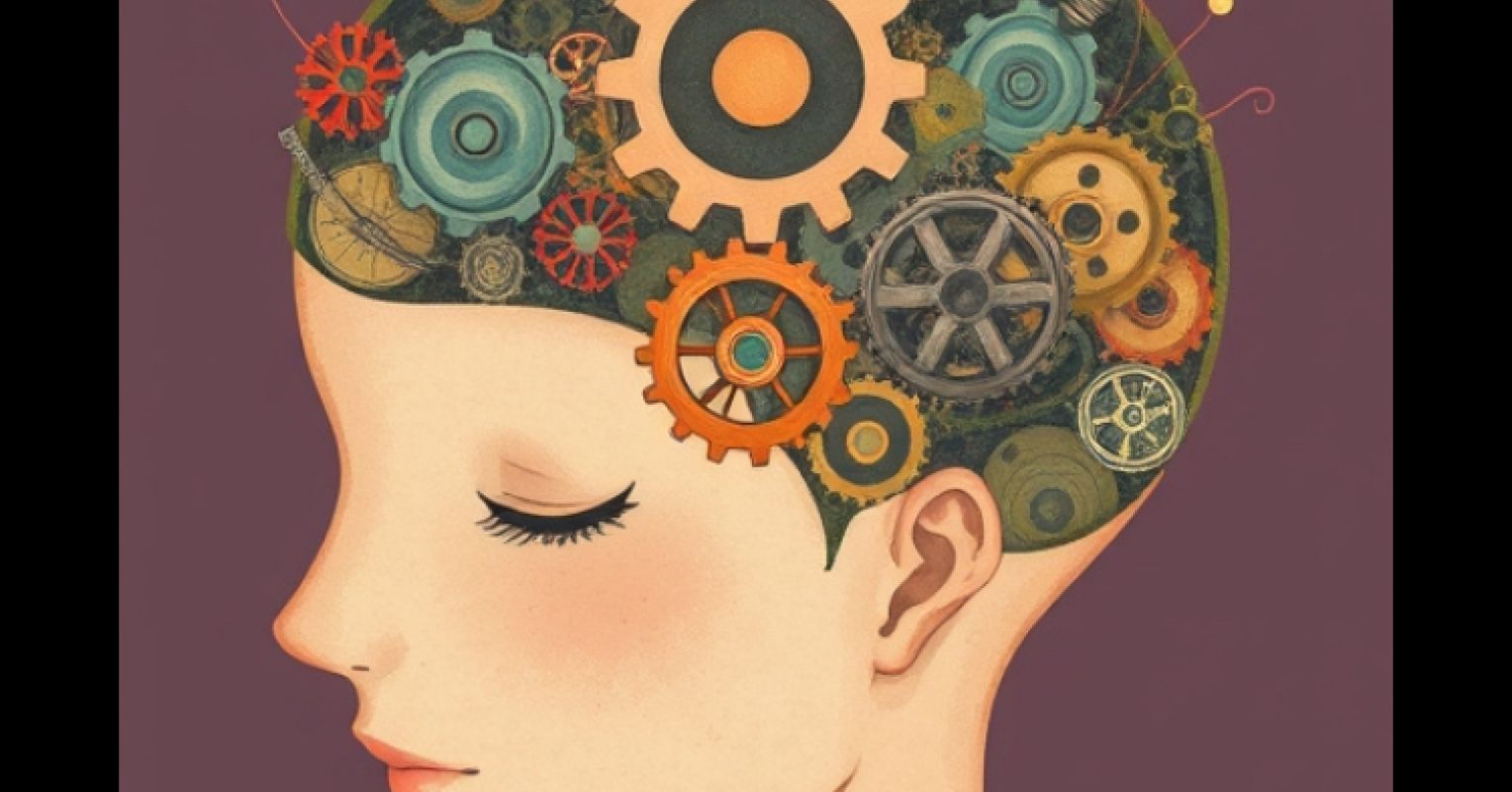
"The very foundations of psychoanalysis are built on value-laden assumptions: that self-knowledge is preferable to ignorance, that mental suffering ought to be alleviated, and that certain patterns of thought or behavior are more adaptive, mature, or real than others."
"No matter how committed one is to neutrality, psychoanalysis is always entangled with value-laden questions: What counts as 'progress'? What kind of life is worth striving for?"
Being an objective analyst entails upholding neutrality while navigating the complexities of moral beliefs and biases. Psychoanalytic training instructs therapists to focus on observable phenomena, yet practical application confronts ethical dilemmas about what should be pursued or avoided. The distinction between values and facts raises fundamental questions regarding health, progress, and authentic living. The aspiration for value-neutral therapy is an illusion, as psychoanalysis relies on subjective judgments about mental suffering and the quality of life. This results in implicit values influencing therapeutic practices, challenging the notion of true objectivity.
Read at Psychology Today
Unable to calculate read time
Collection
[
|
...
]